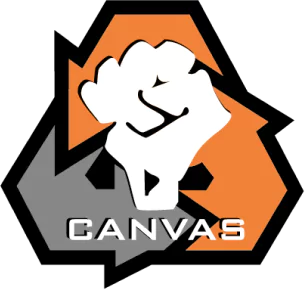May 1, 2000-2000
Republic of Serbia
Dinar For Change
Share
ACTIVISTS/ACT.GROUPS/DESCRIPTION OF THE GROUP
Otpor!
TARGET
Slobodan Milosevic
WIDELY HELD BELIEF
Dictatorial governments should be removed, and democracy should be restored.
CASE NARRATIVE
Issue and Opponent: Serbian President Slobodan Milosevic used brutal methods to establish his regime, creating a massive internal system of repression. Milosevic’s regime generated fear in the Serbian population due to the arrests, beatings, imprisonment, and even murder of those who opposed his rule. Faced with Milosevic’s economic and anti-democratic policies, students in Belgrade decided to organize themselves to express their disagreement with the decisions taken. Dilemma Action: Otpor began with creative public protests against Milosevic and other influential people within the regime. In 2000, following the government’s initiative to place boxes in public places asking for a dinar donation to support agriculture, Otpor decided to organize their collection called “Dinar for Change,” which consisted of a large barrel with a picture of Milosevic that people could hit after donating one dinar. When people had no money, mainly because of Milosevic’s policies, they could hit the barrel twice. The police confiscated the barrel, and people joked that the barrel had been arrested, causing the authorities annoyance. Outcomes: In the end, the organization declared the campaign a success, as they had raised enough money for Milosevic to step down from power. Through these actions, it was possible to reduce the fear of the people who were against the regime, generating a union of the opposition forces and the implementation of nonviolent means of resistance. Protest and persuasion gave way to economic, social, and political non-cooperation and, finally, to non-violent intervention, as disciplined mobs of non-violent protesters from across the country invaded Belgrade by surrounding key buildings, eventually occupying them, forcing the dictator to resign. Dinar for Change was one part of a larger movement that eventually empowered the public to overthrow Milosevic, despite the mass arrests and violence used by the regime.
PRIMARY STRUGGLE/GOAL
NONVIOLENT TACTICS USED
DA TACTICS USED
Humorous skits and pranks
CASE NARRATIVE WRITER
SUCCESS METRICS
10 / 12
(CONC) Concessions were made
(EREP) Dilemma action got replicated by other movements
(MC) Media Coverage
(OR) Opponent response
(PS) Dilemma action built sympathy with the public
(PUN) Punishment favored the activists
(REFR) Dilemma action reframed the narrative of the opponent
(RF) Dilemma action reduced fear and/or apathy among the activists
(SA) Dilemma action appealed to a broad segment of the public
Laugtivism
PART OF A LARGER CAMPAIGN
3 / 3
Activist group continued working together after the action
Encouraged more participants to join the movement
Internally replicated by the same movement
RESOURCES
Project documentation
Dilemma Actions Coding Guidebook
Case study documentation
Dilemma_Actions_Analysis_Dataset
SOURCES
New Tactics in Human Rights. “Using Humor to put an Oppresive Government in a lose-lose Situation,” Retrieved July 21, 2023. (https://www.newtactics.org/tactic/using-humor-put-oppressive-government-lose-lose-situation).
iPolitics. “Laughing the tyrants off the stage,” Retrieved July 21, 2023. (https://www.ipolitics.ca/news/laughing-the-tyrants-off-the-stage).
Henley, Jon. 2015. “Interview: Meet Srdja Popovic, the secret architect of global revolution,” The Guardian. Retrieved July 21, 2023. (https://www.theguardian.com/world/2015/mar/08/srdja-popovic-revolution-serbian-activist-protest).
Brooks, Courtney. 2011. “Exporting Nonviolent Revolution, From Eastern Europe To The Middle East,” Radio Free Europe Radio Liberty. Retrieved July 21, 2023. (https://www.rferl.org/a/exporting_nonviolent_revolution_eastern_europe_mideast/2316231.html).
Popovic, Srdja. 2013. “Why Dictators Don’t Like Jokes: Pro-democracy activists around the world are discovering that humor is one of the most powerful weapons in the fight against authoritarianism,” Foreign Policy. Retrieved July 21, 2023. (https://foreignpolicy.com/2013/04/05/why-dictators-dont-like-jokes/).
http://michelepolak.com/1001spring15/Weekly_Schedule_files/Rosenberg.pdf. Accessed April 15, 2022.
https://www.nonviolent-conflict.org/otpor-struggle-democracy-serbia0998-2000/. Accessed April 15, 2022.
Related cases
Oct 9, 2010-2010
Western Sahara
In 1975, Spain handed over control of the territory lying between Morocco and Mauritania, known as Western Sahara, to be divided between the two states after they inva...
/
Jun 1, 1986-1991
Estonia
Estonia has been occupied by several powers– the Soviets in 1939, the Nazis, and then again by the Soviets. During the time of WWII, Estonians became concerned t...
/
May 1, 2014-2014
United States of America
The Bangladeshi garment industry has exploded over the past five years and it’s been a major driver in the economy. Gap clothes are produced in countries like Banglade...
/
Subscribe to our newsletters to get full access to all materials on our website.

